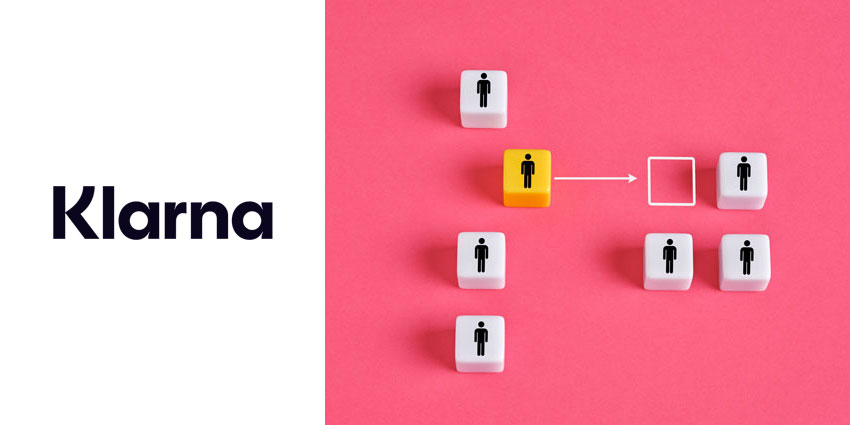Klarna has drafted staff from its marketing, engineering, and legal teams to bolster its customer service headcount.
Business Insider broke the news, citing three of the company’s employees.
It comes after Sebastian Siemiatkowski, CEO of Klarna, admitted that the human touch was more critical in customer service than he had first thought.
In May, the CEO said: “Really investing in the quality of the human support is the way of the future for us.
From a brand perspective, a company perspective, I just think it’s so critical that you are clear to your customer that there will be always a human if you want.
That marked a massive pivot from the staunch pro-AI in customer service views he expressed last year. Then, he voiced his desire to become OpenAI CEO Sam Altman’s “favorite guinea pig”.
In 2024, Klarna had also suggested that AI-powered solutions could help cut its customer service staff in half and debuted an AI assistant, which it claimed could do the work of 700 full-time contact center agents.
However, the company’s U-turn is now in full swing, as it grapples with how to benefit from the efficiency gains of AI while providing a high-quality customer service experience.
That grapple is evident in the employee accounts shared with Business Insider, which highlight how Klarna is pulling staff onto the phones from all across the business.
As noted, these staff come from marketing, engineering, and legal, but also include operations and analytics personnel, per the reports.
The reports also suggest that these staff members were first told that their roles were “no longer a priority.” Then, they were placed in a talent pool for job reassignment, with many being moved to customer service.
Regarding the scale of this practice, Business Insider stated:
The number of employees placed in the talent pool and later reassigned to customer support roles is unclear.
The Perils of Over-Rotating to AI in Customer Service
Klarna isn’t the only company to backtrack on plans to cut customer service headcount due to advancing AI.
Indeed, Gartner predicted that half of businesses with such plans will abandon them by 2027.
While AI’s ability to boost efficiency and productivity is undeniable, these accounts are a reminder that overreliance can still be dangerous.
The Commonwealth Bank of Australia offers another example.
Last month, its decision to replace 45 call‑center roles with AI‑powered voice bots quickly backfired. Customers flooded the bank with unresolved issues, and public backlash followed.
Within days, the bank was backtracking, rehiring staff, and acknowledging that some things, especially empathy, cannot be automated.
Away from contact centers, in the fast-food arena, Taco Bell recently rolled out voice‑AI at over 500 drive‑through locations, which resulted in frustrated customers dealing with glitches, delays, and prank orders, forcing the business to rethink.
The company’s CTO has since admitted that “AI cannot work everywhere”.
From these stories, a common thread appears: AI can augment, but not completely replace the human element.
Companies that over-rotate toward AI risk undermining trust, alienating customers, and undoing progress.
For Klarna, and any other company tempted to fully automate support, these stories underline the need for a carefully considered AI strategy, supported by a reputable tech partner.







